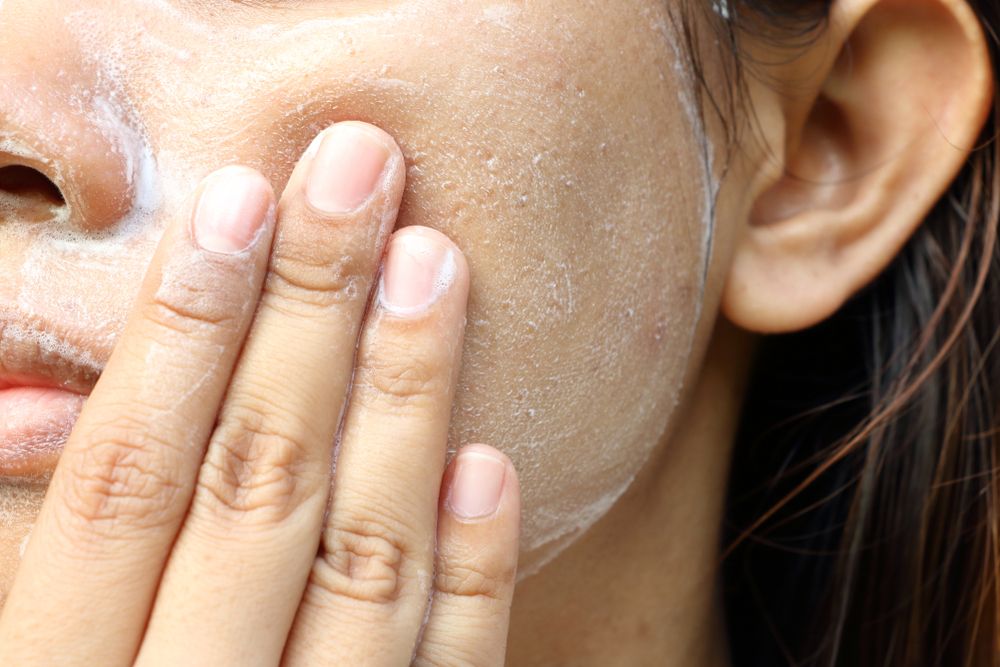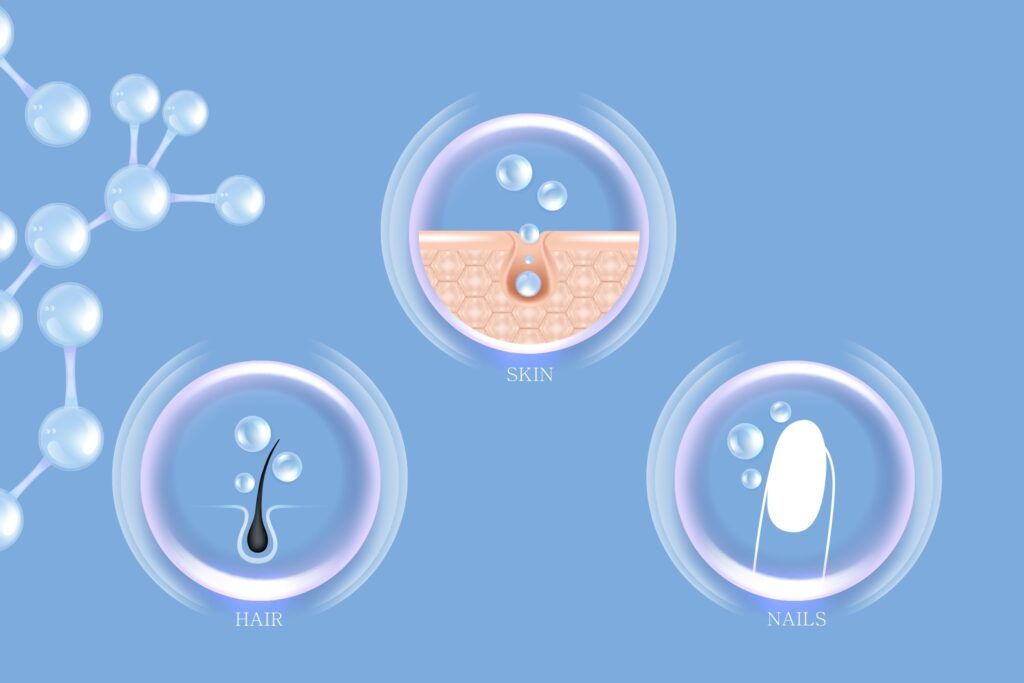Whether you’re new to skincare or a seasoned enthusiast, understanding the nuances of exfoliation is essential for achieving radiant, healthy skin. Let’s delve into the depths of exfoliation, exploring its types, mechanisms, and the keys to safe and effective implementation.
Q: What is exfoliation?
A: Exfoliation is the process of removing dead skin cells from the surface of the skin to reveal a fresher, healthier complexion underneath.
Q: What are the two main types of exfoliation?
A: The two main types of exfoliation are mechanical and chemical.
Q: How does mechanical exfoliation work?
A: Mechanical exfoliation involves physically scrubbing the skin using tools like scrubs, brushes, or microdermabrasion devices to remove dead cells.
Q: What is chemical exfoliation, and how does it work?
A: Chemical exfoliation involves using acids or enzymes to dissolve dead skin cells. Common ingredients include AHAs like glycolic acid and BHAs like salicylic acid, which loosen the bonds between dead cells, allowing them to be sloughed away.
Q: How can I ensure safe and effective exfoliation?
A: – Understand your skin type and its sensitivity to exfoliants.
Start with a lower concentration of exfoliating products and gradually increase as tolerated.
Choose the right exfoliant for your skin type and needs. Be gentle with your skin, avoiding harsh scrubbing or over-exfoliation.Protect your skin from sun damage by applying sunscreen daily.
Q: What should I consider before incorporating exfoliation into my skincare routine?
A: Before starting exfoliation, it’s important to consider your skin type, sensitivity, and any specific concerns you may have. Additionally, understanding the different types of exfoliation and how they work can help you choose the right approach for your skin.
Q: How can I protect my skin after exfoliation?
A: After exfoliation, it’s crucial to protect your skin from sun damage by applying a broad-spectrum sunscreen with an SPF of 30 or higher daily. This helps prevent increased photosensitivity and reduces the risk of sunburn and long-term damage.
Q: What are the potential risks of improper exfoliation?
A: Improper exfoliation can lead to irritation, inflammation, redness, and even damage to the skin barrier. Over-exfoliation or using overly harsh products can strip the skin of its natural oils and disrupt its protective barrier, making it more susceptible to environmental damage and moisture loss.





